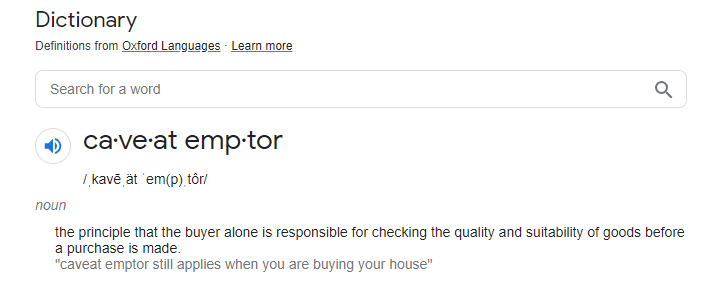Project 001 for my firm was doing exactly this. Fortunately it worked out well. The buyer had chosen to get a home inspection report before listing - honest people who didn't want their life-long home where they started and raised their family to be a burden on somebody else - and they found structural concerns. So they followed it through and had me look at them. I designed the necessary repairs, they were completed, and then the house was listed. I was able to limit my scope exclusively to the items identified in the comprehensive home inspection report. I made sure there was zero wiggle room in interpretation - per inspection report X I looked at a, b, and c - nothing else. But looking back, even that was risky.
Here's the thing - especially with cracks - everyone has an opinion. Everyone. And they're not always the same. And I can guarantee you that somewhere near you is a license engineer who will be more than willing to take a fee half of what you're charging to say that they are structural and the seller needs to fix them. So now what? The owner has a report from you saying it's okay, so they didn't fix it ahead of time, and the buyer with a contract has an engineer saying it has to be fixed or they're backing out. The market is cooling off in a lot of places, and some places are loosing value. If they lose this buyer, and the next one offers $20k less, who is responsible for that $20k loss? Many people might blame you - you failed to recognize it as a structural crack (they have the other engineer's report to "prove" it!). If you had, they would paid $3k to have it fixed and would have made an additional $17k on their house. But you didn't, so pay up.
That suit may not have much in the way of merit, but that doesn't matter. Maybe it does, and a lawyer takes it. Maybe it doesn't, but they find a hungry lawyer that just wants a few billable hours. Maybe it doesn't, they don't find a lawyer, and they file the paperwork themselves (not that hard, actually; following through on the litigation might be, but filing the suit and wrecking your month - and checking account as you try to defend yourself, even for an initial hearing to get it tossed out - is easy).
Sort of a doomsday scenario, sure, but these are the sorts of risks you deal with getting into that kind of a situation. Flip side, doing it for the buyer, if you misdiagnose the crack and it gets bigger...remember you're having to make a snap decision about a process that can literally take decades to play out...you could be buying them a new foundation.

